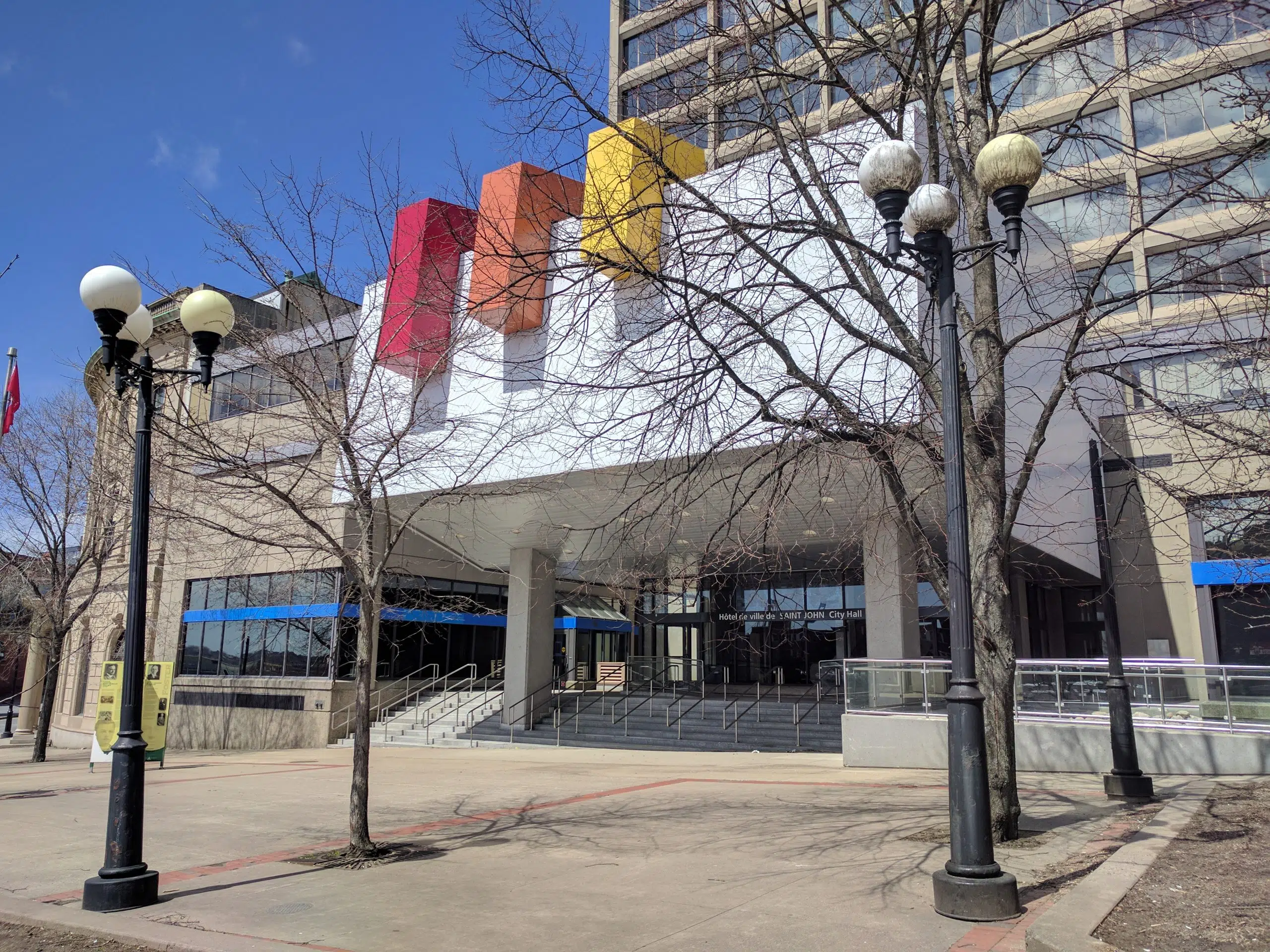
The exterior of Saint John City Hall is pictured in this file photo. (Staff photo)
The city of Saint John has decided not to repair its network following a ransomware attack last November. Instead, it will build a new server over the next few months.
The attack took down many city services, including online payments, the city’s website and e-mail server.
At a Common Council meeting Monday evening, City Manager John Collin said the city had decided it would be better off starting from scratch, rather than working to repair the compromised system.
“Not only will this afford us the opportunity to take advantage of all the latest innovation and in network design, it will also remove the risk of any virus remnants that could occur if we took the approach of a repaired system,” Collin reported to council members.
The city expects its new website to be unveiled in the coming weeks, while the development of a new network is estimated to take between four and six months.
So far, the city has remained fairly quiet on the extent of the damage from the attack. However, at Monday’s meeting, Collin did provide a few more details.
An outside company, hired to conduct a ‘forensic analysis’ to determine whether personal information had been compromised in the attack, had yet to find any evidence to suggest confidential information had been lost.
“We have and will continue to keep the public informed if there is any compromise of personal information or any impact on our delivery of services,” Collin said.
He added that the risk of personal information being lost is low, as the city stores very little personal information in its servers.
The city manager also denied rumours he had seen popping up on social media that the city had paid the ransom demanded by the attackers.
Any ransom payment would need to be approved by council and be divulged publicly, he told council.
Collin also indicated that while they will provide more information on the financial impact of the cyberattack, they plan to avoid providing any information that could possibly be used by the attackers.
“This includes giving them nothing on what systems they successfully compromised, how we contained the virus, or how we are mitigating against potential, future attacks,” Collin said.






